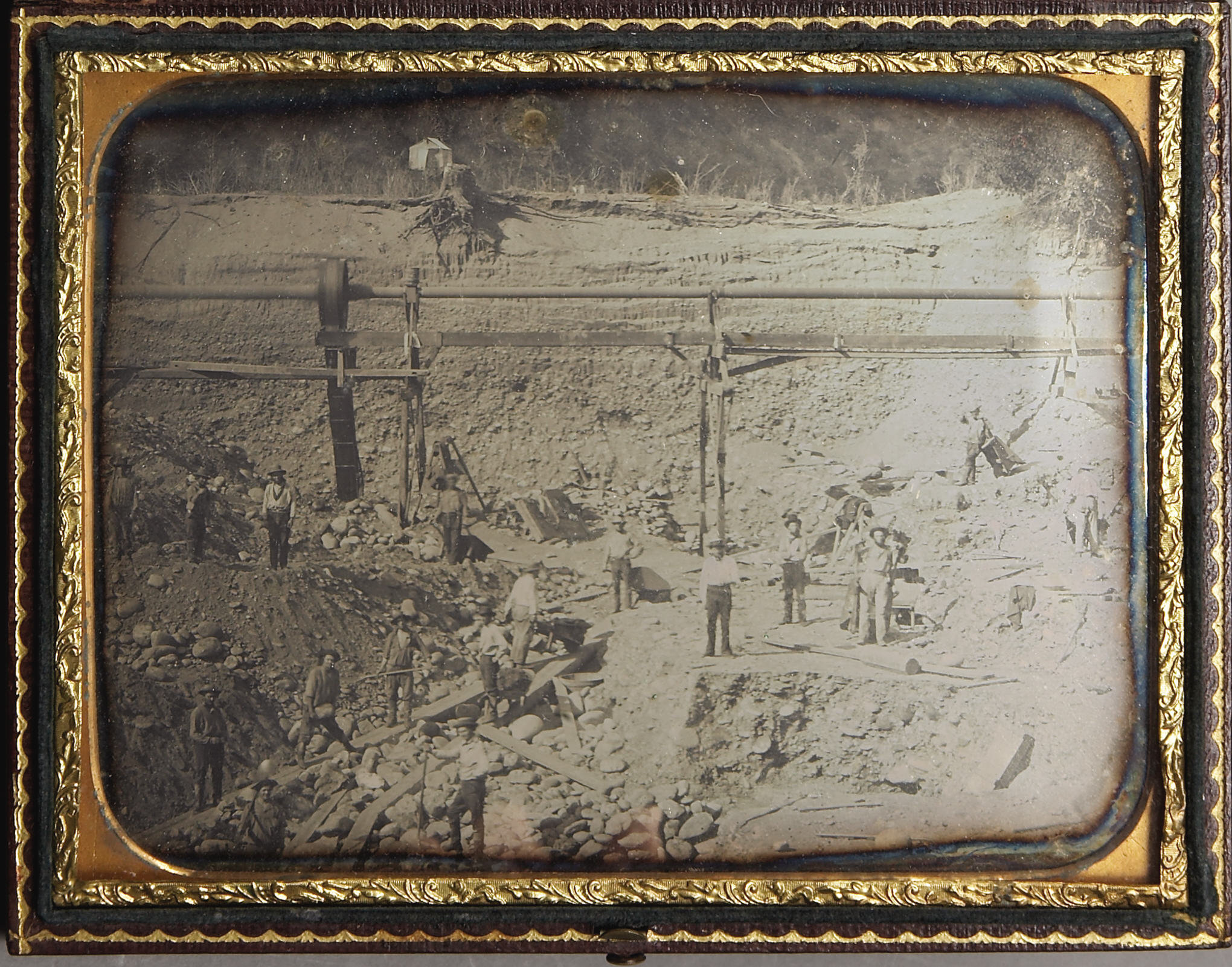
By Jim O’Neal
Reports of gold in California came to the president as early as June 1848. Part of the talk was idle speculation; part was based on tales of settlers and soldiers plus myths of Spanish treasure troves. A succession of adventurers, spies and famous Western characters like Kit Carson had slipped quietly up the stairs into President James Polk’s office to tell of the vast domain far to the west.
The lost mines of El Dorado had long fascinated nearly everyone.
The first official report on “gold diggings” came to Polk in August 1848. Navy Lieutenant Edward Fitzgerald Beale showed the president some actual gold nuggets. Authoritative and “eyewitness” accounts of California gold started popping up in various newspapers. In a message to Congress on Dec. 5, 1848, Polk outlined the possible scope of the precious metal mines and the extraordinary potential that had been corroborated by authentic reports.
Two days later, a courier from California arrived at the War Department with a mysterious package and more dramatic evidence of western riches. As soon as Secretary of War William Marcy unwrapped the parcel, he took it directly to President Polk. It contained a tea caddy crammed full of gold nuggets and dust that weighed over 230 ounces.
They quickly decided to send the largest “lump” to Philadelphia to be minted into coins and put the rest on display in the War Office. Visitors of every class stood in long lines just to see it and it became the dominant subject everywhere. On Dec. 12, Polk predicted the coming 12 months would witness “a large population … attracted to California by its mineral wealth.”
In his History of California, historian Hubert Bancroft wrote of Polk’s prophecy. “The interest in California became all-absorbing, creating a restlessness which finally poured a human tide into San Francisco Bay, and sent hundreds of caravans over the plains and mountains.”
However, the Polks moved out of the White House on Saturday, March 3, 1849, to 10 rooms prepared for them at the Willard Hotel. He had promised to only serve one term and his time in the WH had taken an enormous toll on his health. He had the shortest retirement of any president and died of cholera 103 days after leaving office. Along with George Washington, Andrew Johnson, Chester Arthur, Calvin Coolidge and LBJ, he was one of six presidents to die while their direct successor was in office.
He totally missed the Gold Rush and the massive migration west he was responsible for.
 Intelligent Collector blogger JIM O’NEAL is an avid collector and history buff. He is President and CEO of Frito-Lay International [retired] and earlier served as Chairman and CEO of PepsiCo Restaurants International [KFC Pizza Hut and Taco Bell].
Intelligent Collector blogger JIM O’NEAL is an avid collector and history buff. He is President and CEO of Frito-Lay International [retired] and earlier served as Chairman and CEO of PepsiCo Restaurants International [KFC Pizza Hut and Taco Bell].
